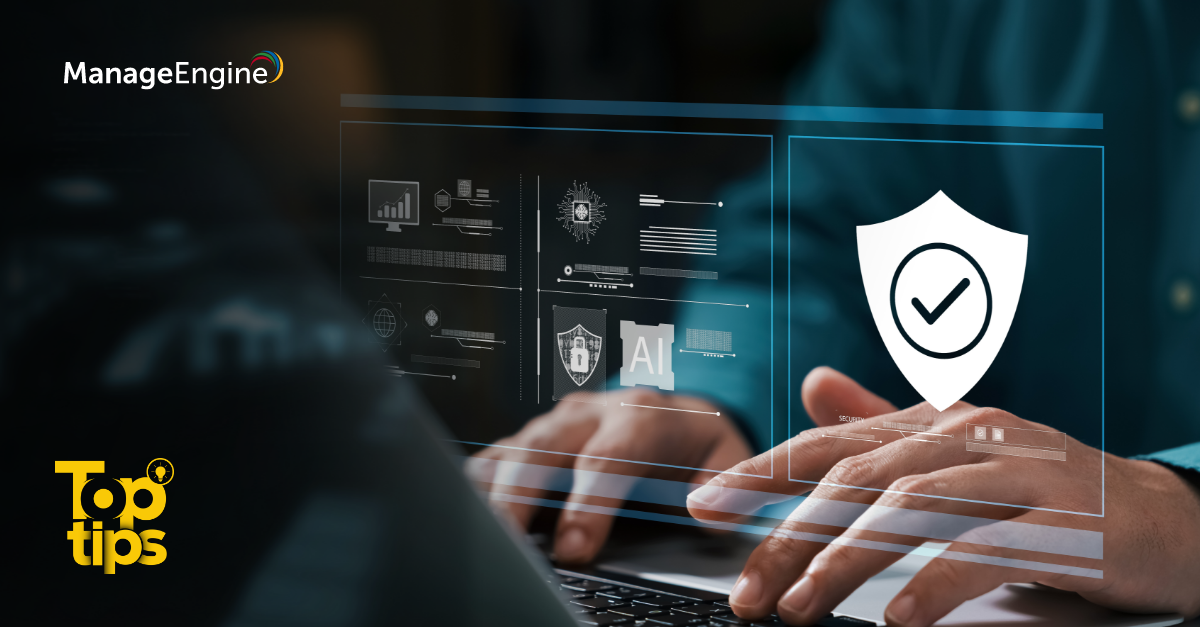
You open Instagram and the first post is an ad for a smart refrigerator. What a happy coincidence; you and your partner were just discussing getting one for your new home! After you get over the initial excitement of having experienced such an unlikely event, it slowly dawns on you that there’s more at play than coincidence.
In the present age, data is akin to gold, and seemingly everyone is trying to get their grubby little hands on yours. All of the ads in your social feeds, the recommended videos in YouTube, and the curated, just-for-you playlists on Spotify rely upon regular data mining, processing, and analysis through whatever means possible–all under the guise of optimizing your experience.
But sometimes you don’t want an ‘optimized experience’. Sometimes, you just want to be left to your thoughts without being bombarded with recommendations on what to watch, what to wear, or who to vote for in the next election. If you prefer to go online without having to worry about the prying eyes of the multimedia industrial complex, here are four necessary steps you should take to protect your privacy.
1. Use a VPN
If you watch any popular Youtuber today, you’ve probably witnessed a VPN sponsor plug. Mid-video, these influencers will go off on a tangent about how great and necessary VPNs are, and most of it’s true. When you use a VPN from a trustworthy service provider, you preserve your online anonymity, and also encrypt and channel your online activity through a private and secure tunnel.
Your VPN helps prevent your activity from being tracked by your internet service provider and other nefarious actors. Online banking and shopping can also be kept secure. In short, you can gain unlimited access to the internet while maintaining your privacy, but it is important to keep in mind that this privacy should not be equated to cybersecurity. That is a task for a different application to fulfill.
2. Don’t overshare
When it comes to sharing your personal details online, it’s good to play it close to the chest. After all, you are the arbiter of your own privacy. When you feel like you need to share personal details about yourself with the world, it is important to take a step back and assess the consequences. Oversharing online can leave you vulnerable to a host of malicious entities who are chomping at the bit to misuse your personal data. Scammers are on the prowl for any opportunity that might bring them one step closer to a susceptible victim. Phishing emails or texts, catfishing, and even crypto scams are some common attacks. If your browsing activity leads you to a form where you’re asked to enter your details, it’s best to skip it or close out the tab entirely. If you really have to go ahead, you could use a burner email address; one that’s not linked to, or doesn’t associate with, any of your personal data.
So the next time you want to share a picture of your kids on social media, tag your current location for a post, or fill out a form with personal details, you might want to think again.
3. Clean up after yourself
It is okay to be cautiously paranoid about leaving traces of your browsing activity online. One good practice is to regularly delete your browsing history and clear your cookies and cache. If your PC or mobile device gets into the wrong hands, this simple move will save you a ton of trouble, and at the same time, prevent your information from being tracked. Another useful tip is to use private or incognito mode while browsing so your cookies and data do not get stored on your browser. However, your internet service provider will still be privy to your browsing activity, which shouldn’t be a problem if you’re already using a VPN.
Additionally, it is always recommended to keep tabs on your search engine. Few people are aware that search engines like Google are constantly collecting your personal information. Yet Google remains the most popular search engine, and many people even use Chrome as their browser, which drastically increases the company’s scope of surveillance. As much as you may keep up with deleting your search history, it is not possible to stop Google from tracking you entirely, so it is advised to use privacy-centric search engines like DuckDuckGo and privacy-focused browsers like Ulaa instead.
4. Protect your data
Although you may believe that sending text messages, emails, and DMs are a safe form of communication, there is nothing stopping third-parties from looking into your transactions. It is best to use only end-to-end encrypted messaging platforms to communicate. Also, check if your email provider is fully secured and has the provision for sending encrypted emails.
If you want your data truly safe from online threats, store all your personal and private information locally on an encrypted storage device and try to avoid storing sensitive information on the cloud. In the off chance that someone with malicious intent gets access to your device, they will be met with a password wall, and you can trust your data will be entirely secure.
Lastly, disable all message notification previews on your lock and home screen. By doing this, you will be restricting entry to malicious actors who could use two-factor authentication to gain access to your device without needing your passcode.
We live in an age where privacy has become a luxury, and most people take this for granted. The onus falls on the people in the know to educate and create awareness among the masses of how Big Tech uses small loopholes in global privacy laws to their advantage. While going off the grid entirely is not a viable option, we must take the above steps to loosen the stranglehold that technology has on our day-to-day lives.
Thank you of the information I should even know before. God bless!